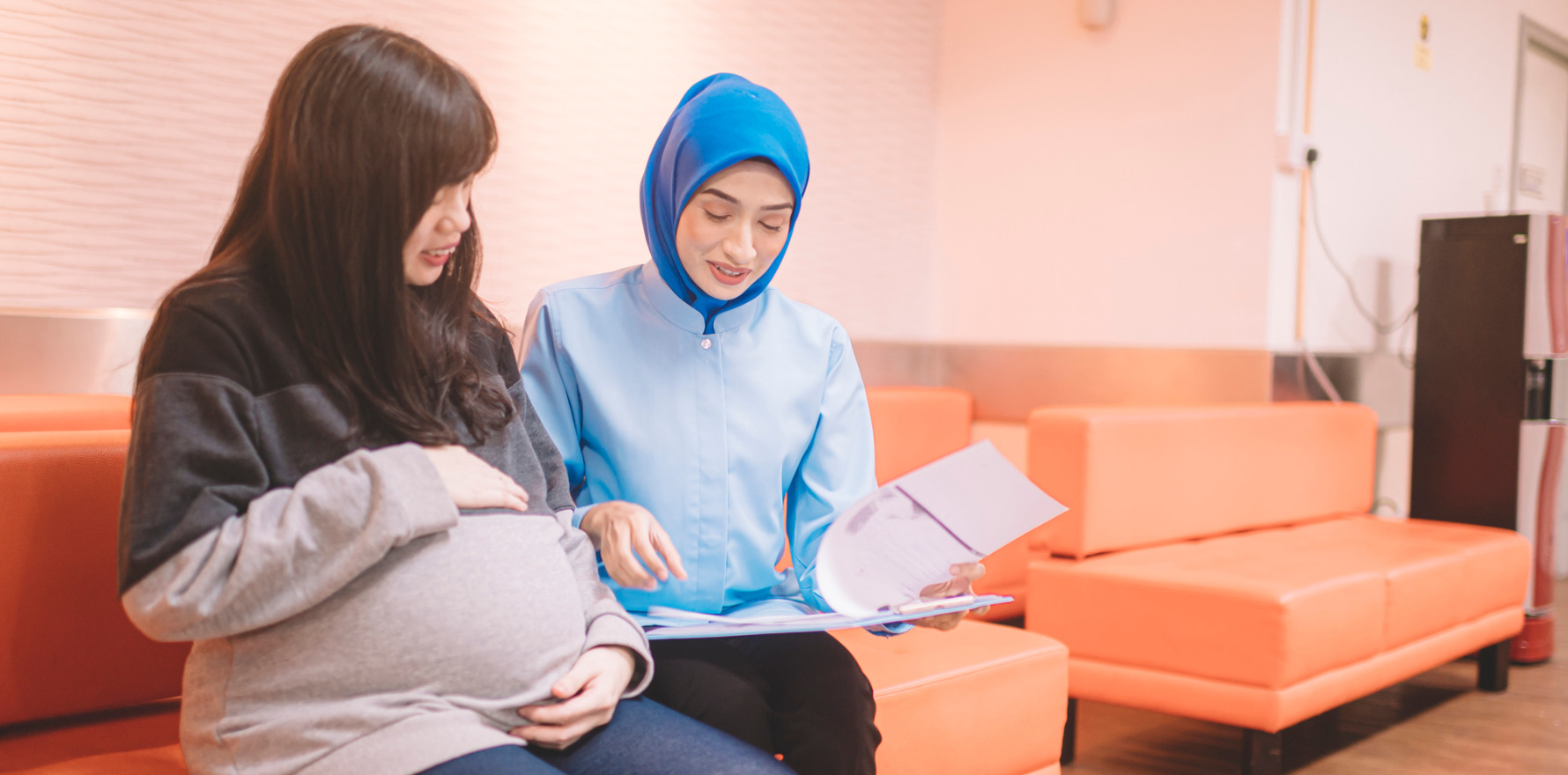HeraMED, the DHCRC and RMIT are joining forces to help an underserved population.
The Digital Health Cooperative Research Centre has hooked up with ASX-listed maternity care technology company HeraMED and RMIT University for a research project focused on improving maternal health outcomes for culturally and linguistically diverse women through AI-enabled predictive care.
HeraMED’s proprietary HeraCARE platform will work with a number of health systems to monitor up to 200 pregnant women and collect data through personalised care plans.
The initiative will use a combination of clinical, biometric, lifestyle and genetic data, with a focus on diversity, inclusion and clinical applicability.
The project will develop an AI model to predict adverse pregnancy outcomes through integrating culturally diverse datasets. The CALD dataset will be a unique resource to inform clinical decision making and generate insights relevant to both healthcare providers and the broader health system.
“Women from diverse backgrounds often encounter significant challenges when navigating the healthcare system,” said Annette Schmiede, the DHCRC’s CEO.
“Language barriers, lower health literacy and insufficient data can expose them to a higher risk of receiving lower-quality healthcare, inadequate service delivery and poorer health outcomes compared to other Australians.
“This project seeks to address this challenge in maternity care by developing proprietary AI models to create a person-centred care model that will improve patient outcomes, save resources and reduce costs for care providers.”
HeraMED managing director and CEO Anoushka Gungadin said that with over half of all Australians having at least one parent born overseas, the need for culturally informed healthcare was critical and relevant.
Related
“Current maternal-foetal datasets lack representation from CALD women, leading to biases in diagnostics and care,” Ms Gungadin said.
“This partnership underscores our commitment to leveraging cutting-edge technology and AI to address critical healthcare challenges, improve outcomes, reduce system costs and deliver value-based care.
“Having the expertise and passion of the teams at RMIT & DHCRC, this partnership is about redefining equity, access and fit-for-purpose solutions in healthcare. Investing in women’s health is investing in the health of generations to come.”
The project aligns closely with RMIT’s research expertise and ongoing initiatives led by Associate Professor Sonika Tyagi, a recognised leader in digital health and bioinformatics, specialising in AI applications for biological and clinical research, particularly genomics and maternal health.
“By investing in better health outcomes for CALD women, we not only address longstanding health inequities but also unlock broader social and economic benefits,” said Professor Tyagi.
“From reducing the burden of chronic conditions linked to birth complications to strengthening workforce participation, the impact of equitable maternal care extends far beyond the clinic.”



